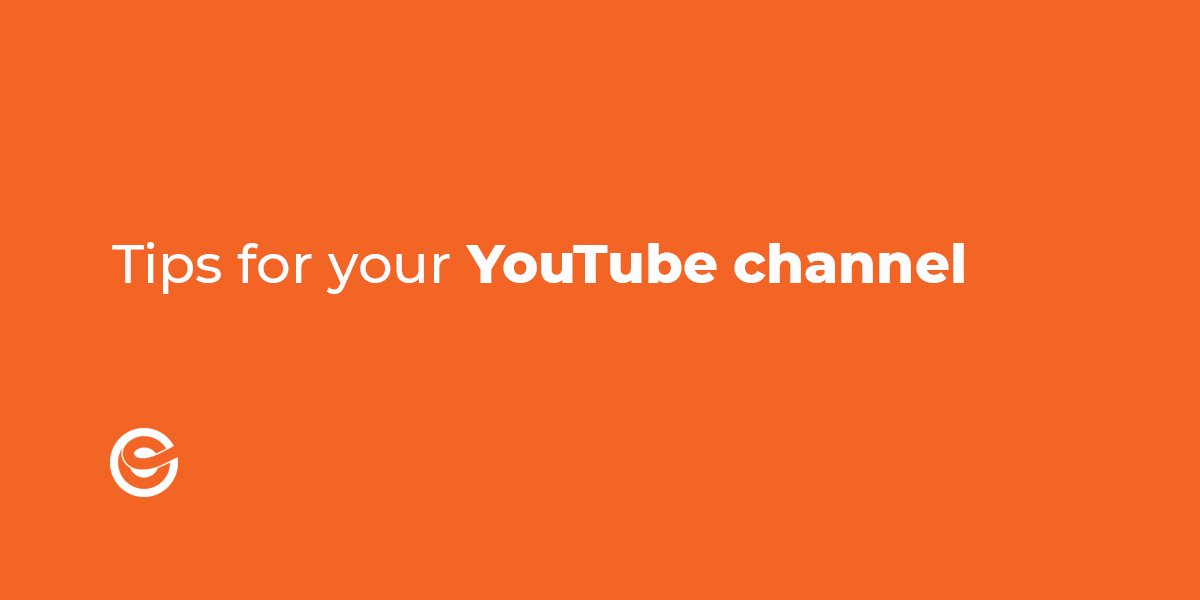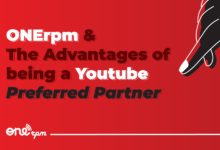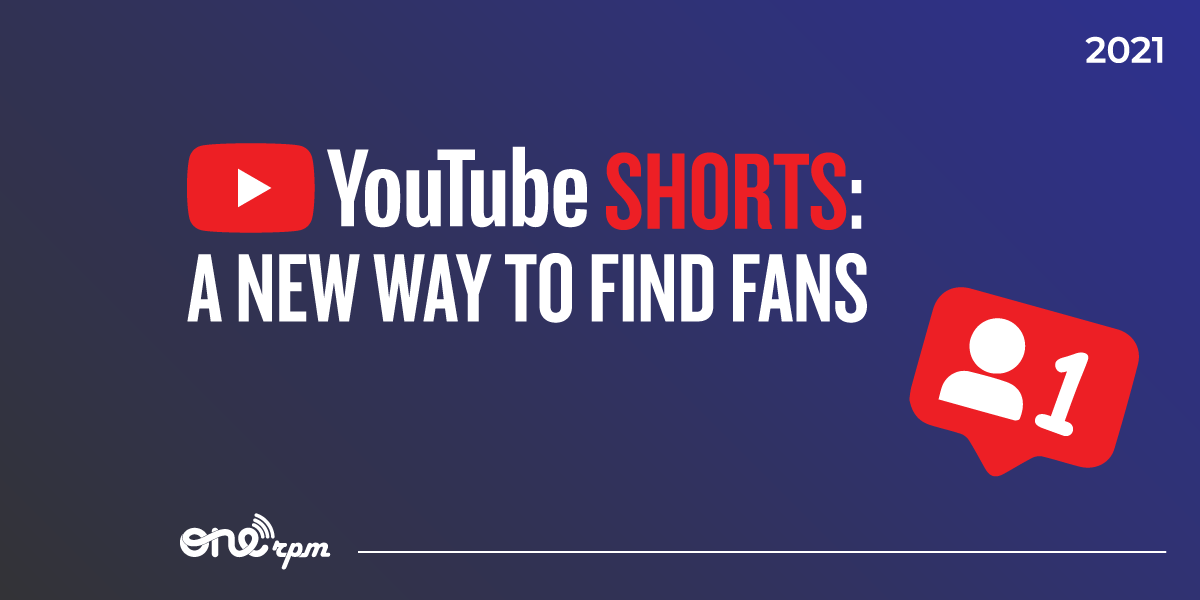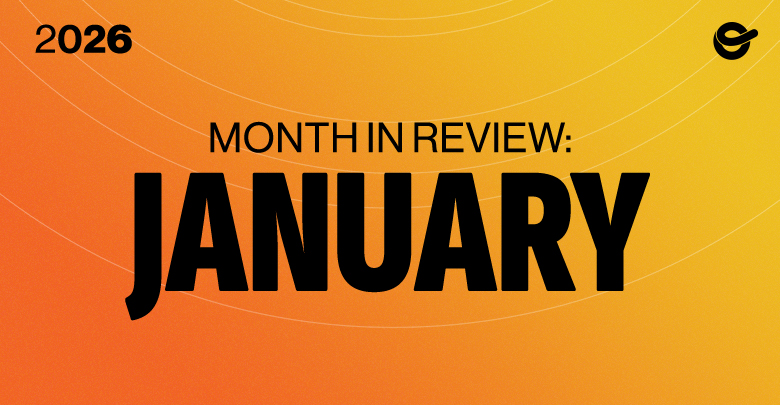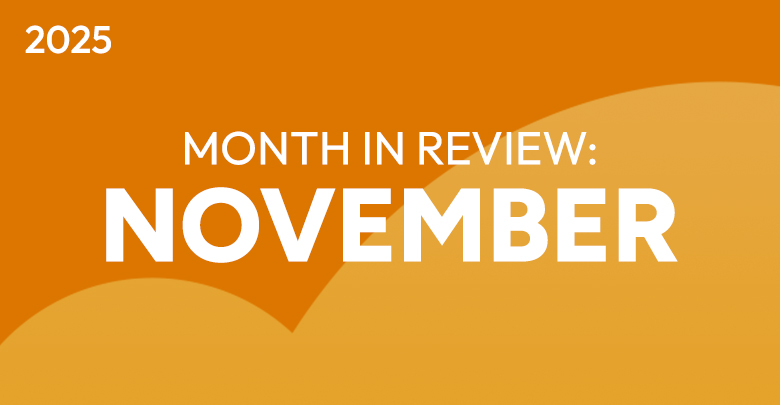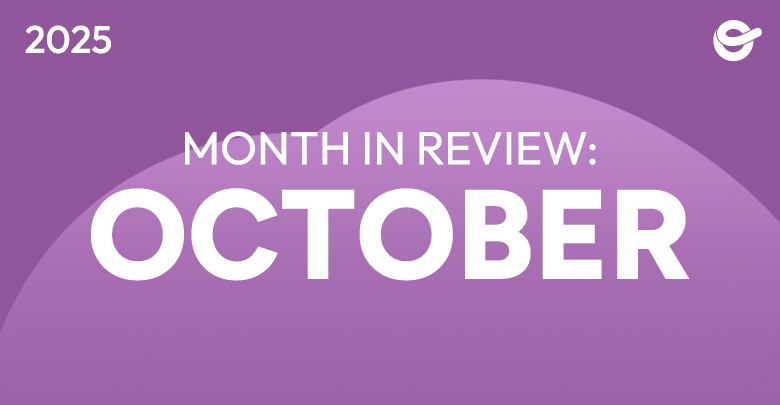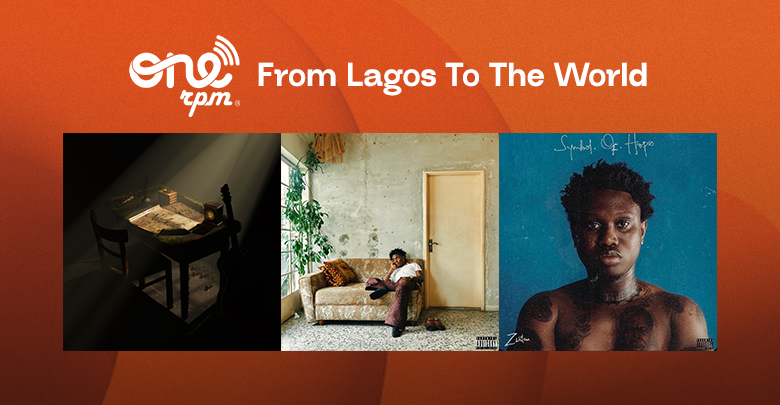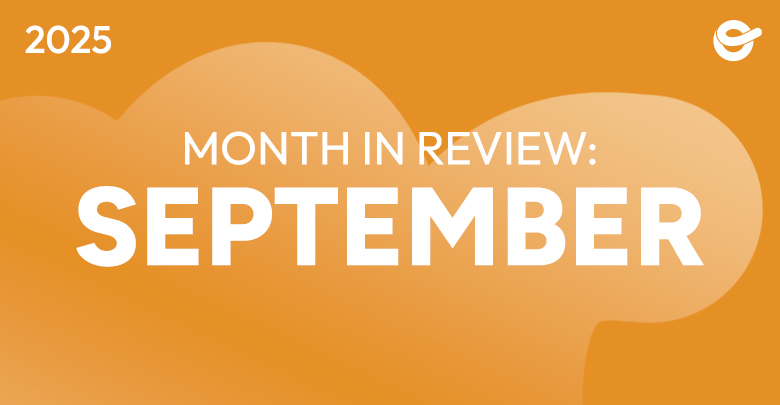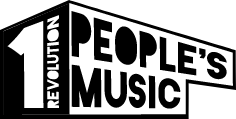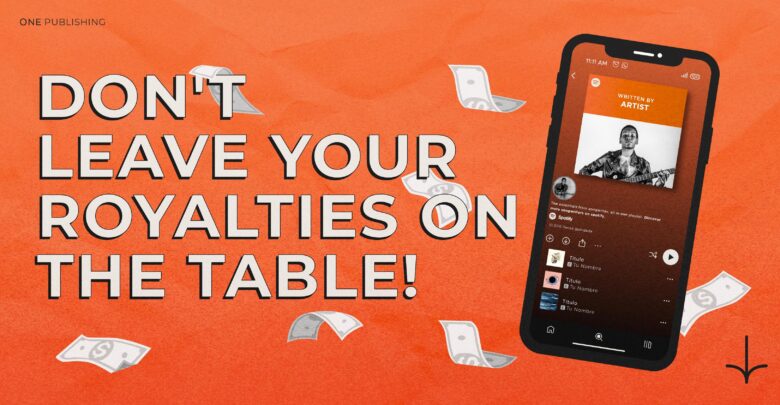
What Happens When Someone Hits Play on Your Song on a Digital Platform?
Here’s a step-by-step explanation of what happens when your music gets played.
When someone listens to a song you composed on a streaming platform like Spotify, Apple Music, or YouTube, you should start earning distribution royalties and publishing royalties for your composition. But how does this work? Here’s a step-by-step explanation of what happens when your music gets played—and how to make sure you collect all the royalties you deserve.
Play = Money
Each play of your song on a streaming platform generates royalties. These royalties are split into two main types:
- Master Royalties: This is the payment for the song’s recording, meaning the version listeners hear. If you’re an independent artist, you likely own the master rights. If you’re with a record label, they may own part or all of these rights.
- Composition Royalties (Publishing): This payment goes to the songwriters and publishers of the composition. If you’re both the performer and the composer, you’re also entitled to a share of these royalties!
How Are Royalties Generated?
Streaming platforms earn money through subscriptions or ads. This income is then distributed as royalties to the recording and composition rights holders. Although each play generates a small amount, the royalties add up with enough streams.
How Do You Collect Royalties?
Here’s where distributors and music publishers play a crucial role in managing your royalties:
- Distributors: They place your music on platforms like Spotify, Apple Music, or YouTube and collect royalties for the recording (master).
- Music Publishers: They manage and collect royalties for the composition (publishing). As the composer, working with a publisher ensures that you receive all your publishing income efficiently. Simply registering with a performing rights organization (PRO) may not be enough to cover all your earnings.
If you only upload your song to platforms without properly registering your composition rights with a publisher who can handle global registration, you’ll only receive master royalties and miss out on a significant part of your income.
Why Keeping Your Catalog Updated Matters
Updating your catalog means that the recording and composition are properly registered each time you release a new song. Failing to do so means missing out on royalties that are rightfully yours. Plus, keeping your catalog current ensures you collect future royalties and any unclaimed royalties from the past.


